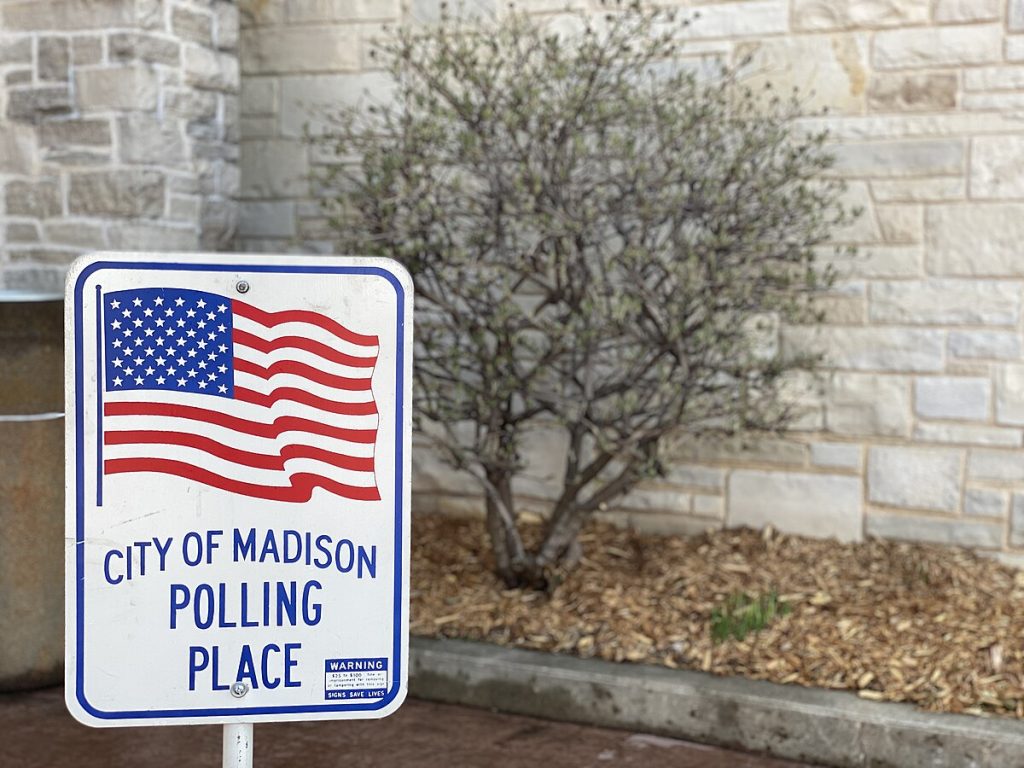Wisconsin’s Path to Citizen-Only Voting: A Practical Republican Blueprint
A new WILL report offers Wisconsin officials a blueprint on how to ensure only U.S. citizens are voting in elections. That single line matters because it cuts to the heart of why election integrity is a top priority for conservatives. It recognizes that safeguarding the ballot is about protecting the voice of citizens and the legitimacy of our institutions.
Americans expect honest elections, and Wisconsin is no exception. Conservatives believe elections must be beyond doubt, with clear rules and strict enforcement. This report gives state leaders a series of sensible tools to restore confidence and make cheating far harder.
First, the report recommends stronger citizenship verification when people register to vote. That means state systems should do more than take a checkbox and trust it; they should match records with federal and state databases. When a person claims citizenship, that claim should be tested against driver records, Social Security, and other reliable sources before being accepted.
Next, routine and transparent voter rolls maintenance is emphasized to keep the rolls current and accurate. Purging duplicate registrations, removing deceased registrants, and resolving out-of-state moves are basic housekeeping chores too often ignored. Doing this regularly reduces the risk that noncitizens or people no longer eligible remain in the system.
Another core piece is systematic crosschecks with federal immigration records where permitted by law. When databases show a conflict, election officials should have a fast, fair process to resolve it. This is not about disenfranchising lawful voters; it is about verifying eligibility and closing loopholes that invite doubt.
Voter identification policies are also part of the solution, and conservatives back common-sense ID rules tied to citizenship. IDs verify identity and citizenship when properly issued and checked. The goal is simple: show you are who you say you are and that you meet the legal requirements to vote.
Practical Steps, Strong Accountability
Training and resources for election workers are necessary to implement these protections fairly and efficiently. Front-line staff must know how to spot suspicious registrations, run matches correctly, and handle documentation without bias. Well-trained teams reduce errors and avoid turning legitimate voters away while still blocking fraud.
Audits and post-election verification are another non-negotiable recommendation in the WILL blueprint. Random audits, signature verification, and chain-of-custody controls make it much harder for tampering to go undetected. Conservatives favor independent audits that restore public trust by showing results match ballots cast.
The report also pushes for clear legal penalties for intentional fraud and for officials who ignore obvious violations. Laws mean nothing without consequences, and stiff penalties deter those tempted to exploit weak systems. A fair legal framework punishes abuse while protecting ordinary voters from harsh, mistaken enforcement.
Technology plays a role, but the report warns against overreliance on untested solutions that create new vulnerabilities. Intelligent database matching, secure document uploads, and robust logs can help, but so can simple manual checks that have worked for decades. Conservatives prefer layered defenses combining human judgment with technical tools to prevent single points of failure.
Transparency is essential for public buy-in, and the report encourages open processes and clear reporting. When the public sees how records are maintained and how matches are resolved, skepticism falls. Open data practices let independent observers verify that the system is working without exposing sensitive personal information.
Implementation must respect federal law while giving states the ability to close gaps efficiently. Wisconsin has authority and tools that can be used responsibly to protect ballots for citizens. The WILL report respects legal boundaries while urging officials to act decisively within them.
At its core this blueprint is about trust: restoring it, protecting it, and keeping it from being eroded by avoidable mistakes.
